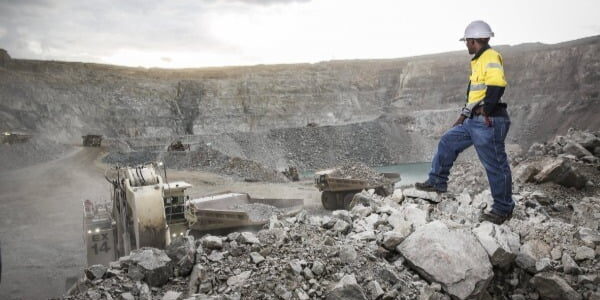
As Chinese battery mineral manufacturers increase output in the African nation, Sinomine Resource of China announced on Monday July 10th that the building of a spodumene concentrate facility at its Zimbabwe lithium mine has been completed.
In January 2022, Sinomine paid $180 million to buy Bikita Minerals, one of Africa’s oldest lithium mines, and started constructing a spodumene concentrate factory while enlarging the current petalite plant, as seen in the American news site Reuters.
Spodumene concentrate, which will be produced by Bikita in quantities of 300,000 metric tons, is further processed overseas to yield the lithium materials required for battery production.
Additionally, the mine’s annual petalite production will increase from 50,000 to 480,000 metric tons. The glass and ceramics industries also employ petalite.
The nation of southern Africa is hoping that the world’s move toward battery-powered energy would help it position itself for an economic boost thanks to its significant lithium reserves.
Sinomine is the third Chinese battery metals manufacturer to begin operations at newly purchased lithium assets in Zimbabwe.
The lithium concentrator at the Arcadia mine, which Zhejiang Huayou Cobalt (603799. SS) purchased for $422 million last year and has an annual capacity of 450,000 metric tons, was put into operation on July 5.
At the Sabi Star mine in eastern Zimbabwe, Chengxin Lithium Group Co (002240. SZ) put into operation a 300,000 metric ton per year lithium concentrator.
Zimbabwe, which has some of the largest hard rock lithium deposits in the world, has seen Chinese companies invest more than $1 billion over the last two years to buy and develop lithium mines there.
Despite a delay brought on by a plant malfunction, London-listed Premier African Minerals (PREM.L) has stated it will begin producing lithium concentrates from its Zulu mine in southern Zimbabwe this year. Spodumene concentrate may be produced at the facility with a capacity of 50,000 metric tons.





